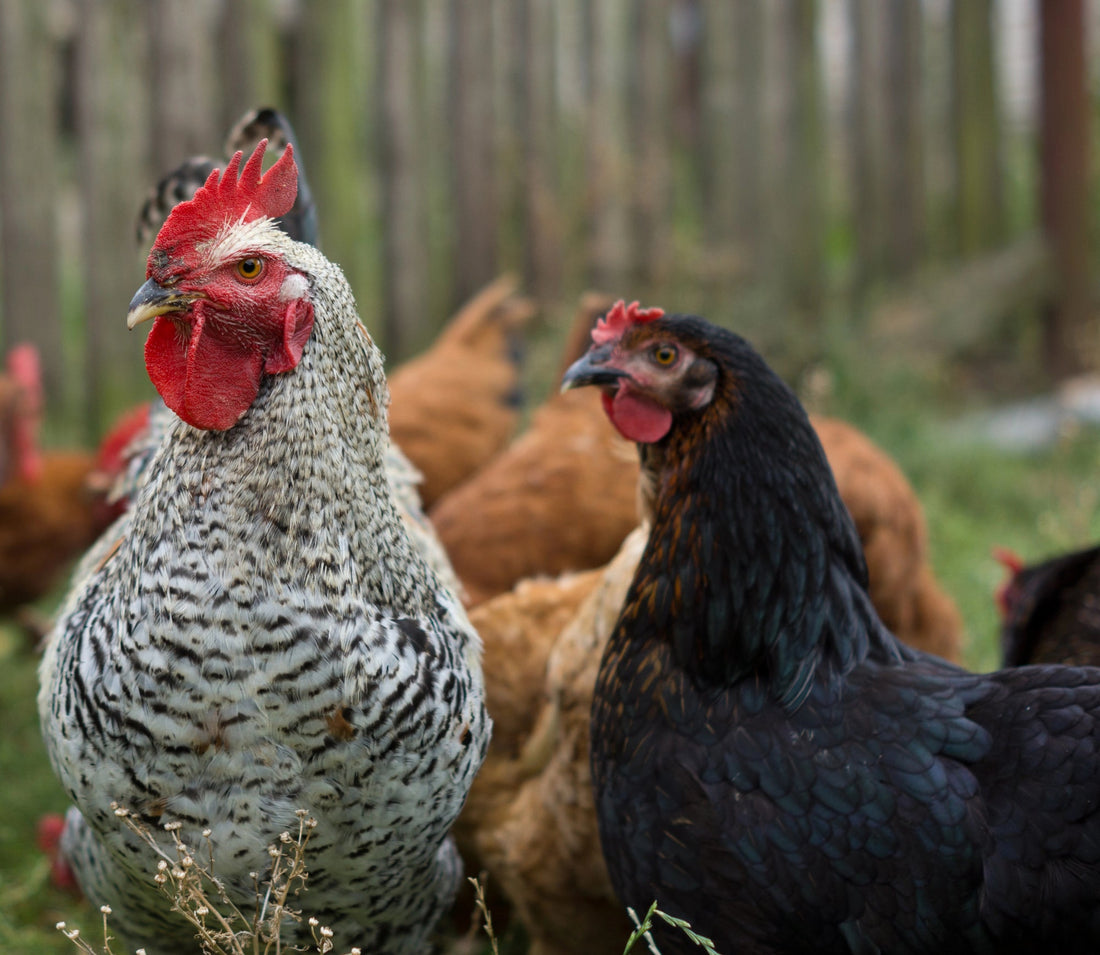Poultry Farming
Starting a backyard poultry farm can be a rewarding experience, offering fresh eggs, a chance to teach responsibility, and the joy of connecting with nature. However, beginners often face challenges that can turn this venture into a stressful endeavor. By understanding common mistakes to avoid, you can ensure a smooth start to your poultry farming journey.
Mistake 1: Inadequate Research
Many beginners jump into poultry farming without fully understanding the needs of their chickens. Before bringing any birds home, it’s crucial to research the specific breeds, their space requirements, dietary needs, and common health issues. Additionally, local laws concerning backyard poultry should be reviewed to avoid legal problems.
Neglecting this initial research can lead to complications that compromise the health and happiness of your flock. Take the time to learn from books, online forums, and local farming groups to equip yourself with essential poultry knowledge.
Mistake 2: Poor Coop Design
One of the first practical steps in starting a backyard poultry farm is building or buying a coop. A common mistake is using a coop that is too small or poorly constructed. Chickens need enough space to move, roost, and lay eggs comfortably. Overcrowding can lead to stress, aggression, and increased vulnerability to diseases.
Ensure that your coop is predator-proof, well-ventilated, and easy to clean. A good rule of thumb is about 3-4 square feet per chicken inside the coop and 8-10 square feet per chicken in an outside run.
Mistake 3: Neglecting Biosecurity
Biosecurity measures are often overlooked by new poultry farmers. These practices are essential to prevent the introduction and spread of diseases in your flock. Simple steps like sanitizing your hands before and after handling chickens, restricting visitor access to your coop, and quarantining new birds can significantly reduce health risks.
Failure to implement these practices can lead to outbreaks that may be difficult to control, affecting the productivity and longevity of your flock.
Mistake 4: Incorrect Feeding
Feeding chickens seems straightforward, but common errors can lead to nutritional imbalances or health problems. Feeding kitchen scraps excessively or using an inappropriate feed can prevent chickens from getting the balanced diet they require.
Understand the nutritional needs of your chickens, which vary by age and breed, and provide a high-quality commercial feed that meets these requirements. Treats should be given sparingly and should not constitute more than 10% of their diet.
Mistake 5: Underestimating Predators
Predators are a serious threat to backyard poultry, and new farmers often underestimate this risk. Common predators include foxes, raccoons, hawks, and even neighborhood dogs. Chickens must be protected with secure fencing, covered runs, and sturdy coop constructions that are resistant to digging and gnawing.
Failing to protect your chickens adequately can lead to tragic losses, significantly impacting the morale of the poultry keeper and the viability of the farming effort.
Mistake 6: Ignoring Health Issues
Chickens can suffer from various health issues, and beginner poultry farmers might not recognize the signs of illness early on. Common health problems include respiratory infections, parasites, and injuries. Regular health checks are crucial to catch and address these issues promptly.
Learn to observe your chickens daily, noting any changes in behavior, appearance, or output (such as egg production). Immediate consultation with a veterinarian can save your flock from more severe complications.
Mistake 7: Overlooking Weather Protection
Chickens need protection from extreme weather conditions—heat, cold, and damp can all have adverse effects. Inadequate protection can lead to stress, illness, and even death. Ensure that your coop provides sufficient insulation during winter and ample shade and ventilation during summer.
Providing your chickens with a comfortable environment regardless of weather conditions ensures their productivity and longevity.
Mistake 8: Inadequate Water Supply
Water is vital for the health of your chickens, yet it's a resource that new backyard poultry farmers often manage poorly. Chickens should always have access to clean, fresh water. Dirty water containers can harbor diseases and lead to dehydration, especially in hot weather.
Regularly cleaning and refilling water containers and placing them in the shade during hot days will keep your chickens hydrated and healthy.
Flourishing Flock
By avoiding these common mistakes, you can ensure a more successful and enjoyable backyard poultry farming experience. Each step you take towards creating a safe, healthy, and stimulating environment for your chickens not only promotes their well-being but also enhances the overall productivity of your farm. Remember, informed and attentive care is the key to a thriving backyard flock.

